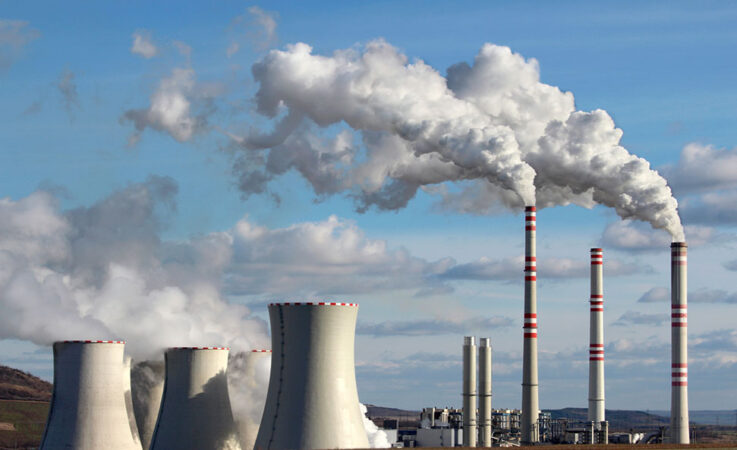After meeting in Brussels on Thursday, the European Union set out an ambitious vision to maintain its global relevance, combat climate change and promote clean and digital industries. However, a trillion-euro financial dilemma remains: where will the necessary financing come from?
The EU leaders' summit showed a great display of ambition. Politico quoted a senior European Union official as saying: “We can strengthen our global presence, prevent climate disasters and boost the green economy.” However, the source of funding remains a silent, unspoken promise: “The piggy bank is already in pieces,” many of the European leaders present admitted.
According to the documents discussed, the European Union will need investments in trillions of euros over the next few decades. Although public funds are considered essential to attract private capital, European countries have expressed hesitation about increasing the EU budget, taking on more debt or imposing new European taxes.
The recent midterm review of the European Union budget has revealed an alarming picture. The bloc is running out of money after facing challenges such as the global pandemic, border tensions and rising energy costs. Former Italian Prime Minister Enrico Letta warned, “The biggest danger is that we do not have enough money for the green transition.”
The situation becomes more complex as the need to increase defense spending increases. The European Commission estimates that by 2030 more than 1.5 trillion euros will be needed annually to reduce fossil fuel emissions. Simone Tagliapietra, from the Bruegel Research Center, told the same newspaper: “We are facing an impossible triangle.”
The competition for money between defense and the Green Deal is clear. Significant cuts to “clean” technologies have been proposed for defense funding. However, European Investment Bank President Nadia Calviño stressed that climate priorities will not be undermined.
Faced with fiscal urgency, Letta and Mario Draghi proposed a single European industrial policy and a pillar of private finance. France has proposed reviving the Capital Markets Union, the European Commission's plan to boost private investment.
A senior European diplomat compares the European situation to the Titanic: “The ship is sinking, and we are discussing who will be in first or second class. Maybe we should keep the ship from sinking completely.
Although the summit was just the beginning of a broader discussion on financing the challenges facing the European Union, the sense of urgency became clear. Europe faces an enormous challenge in balancing its visionary ambitions with tangible financial realities.

“Hardcore alcohol maven. Hipster-friendly analyst. Introvert. Devoted social media advocate.”

